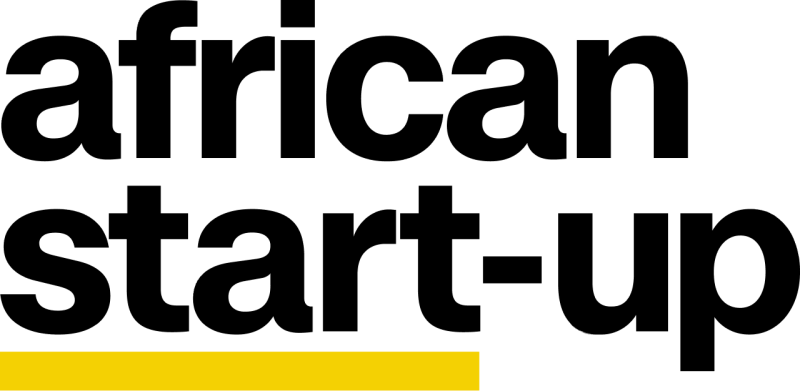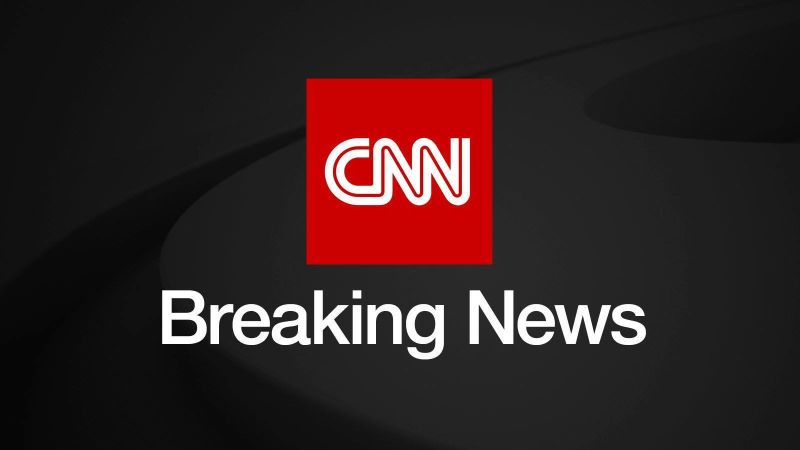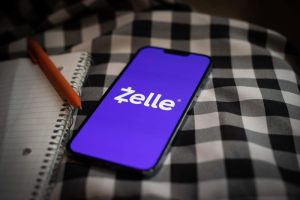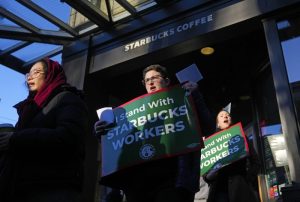Chowdeck is hungry for Nigeria’s food delivery market. One day, it wants to be a ‘super-app for Africa’
When Femi Aluko found himself isolating at home during the Covid-19 pandemic one question kept coming to mind — how was he going to get food?
He says he struggled to find quick delivery options in Nigeria’s most populous city, Lagos, because restaurants were either closed or had incredibly long waiting times. So, he took matters into his own hands and began searching for a solution.
He found his answer while on a trip to Dubai in 2021. Aluko was shocked by the efficiency of food delivery apps there. “It was just so fast,” he said. “I was like, ‘Yes, if this can work in Dubai, it can also work in Nigeria.’ I was going to come back and try it.”
In October 2021, Aluko and his co-founders launched Chowdeck. The on-demand food delivery app enables customers across eight Nigerian cities to order meals from about 2,000 participating restaurants. Aluko says the app has since grown to serve 600,000 customers and works with more than 6,000 delivery drivers.
A report by McKinsey and Company found the global food delivery market was worth $150 billion in 2021, noting a portion of that rapid growth was due to the Covid-19 pandemic. The Chowdeck team saw the opportunities within this global industry and wanted to be the homegrown company that led the way in Nigeria.
“I think that we currently still have a lot more demand than supply. Most delivery companies are struggling with heavy demand because they have a lot more people wanting to order food and trends have also shifted since Covid-19,” Aluko said.
Aluko admits the startup struggled to keep up with demand at times. “We scaled too fast … a lot of customers just bombard our platform,” he said, adding that the company is constantly looking for ways to improve efficiency and deliver to its growing consumer base.
In April, Chowdeck received $2.5 million in seed-funding from several investors and the YCombinator startup accelerator. Aluko says this money will go toward optimizing delivery efficiency and expanding to additional cities throughout Nigeria. “The goal of the funding is to ensure that we’re able to provide and grant the best experience to our customers,” he said.
“SCRATCHING THE SURFACE”
Food delivery apps having been gaining popularity around the world, with Uber Eats and DoorDash among the most used apps in Europe and the US respectively.
A report by management consulting firm IMARC found the country’s online food delivery market is expected to grow by more than 10% to reach nearly $2.4 billion in 2032. One necessity to boost business for on-demand delivery apps is internet access. For years, Nigeria has been increasing its internet penetration, with more than 40% of the population now having broadband access, according to the Nigeria Communications Commission.
In Africa, several startups including FoodCourt, Heyfood, and SendMe are vying to become the continent’s top food delivery app. Many are based in Nigeria, one of Africa’s richest countries, and have also been backed by the Y Combinator — which previously backed DoorDash .
Despite the growing competition in his back yard, Aluko and the Chowdeck team believe their company is just “scratching the surface.” Since launching, it has expanded beyond ready-to-eat food delivery by adding options for pharmacy, grocery, and package delivery services, in response to customer feedback.
As the company grows, Aluko hopes Chowdeck can one day become a “super app for Africa.” “I see us being the app on everyone’s phone … (so that) from travel to transport, everything that you need to do is available for you on one app,” he said.













